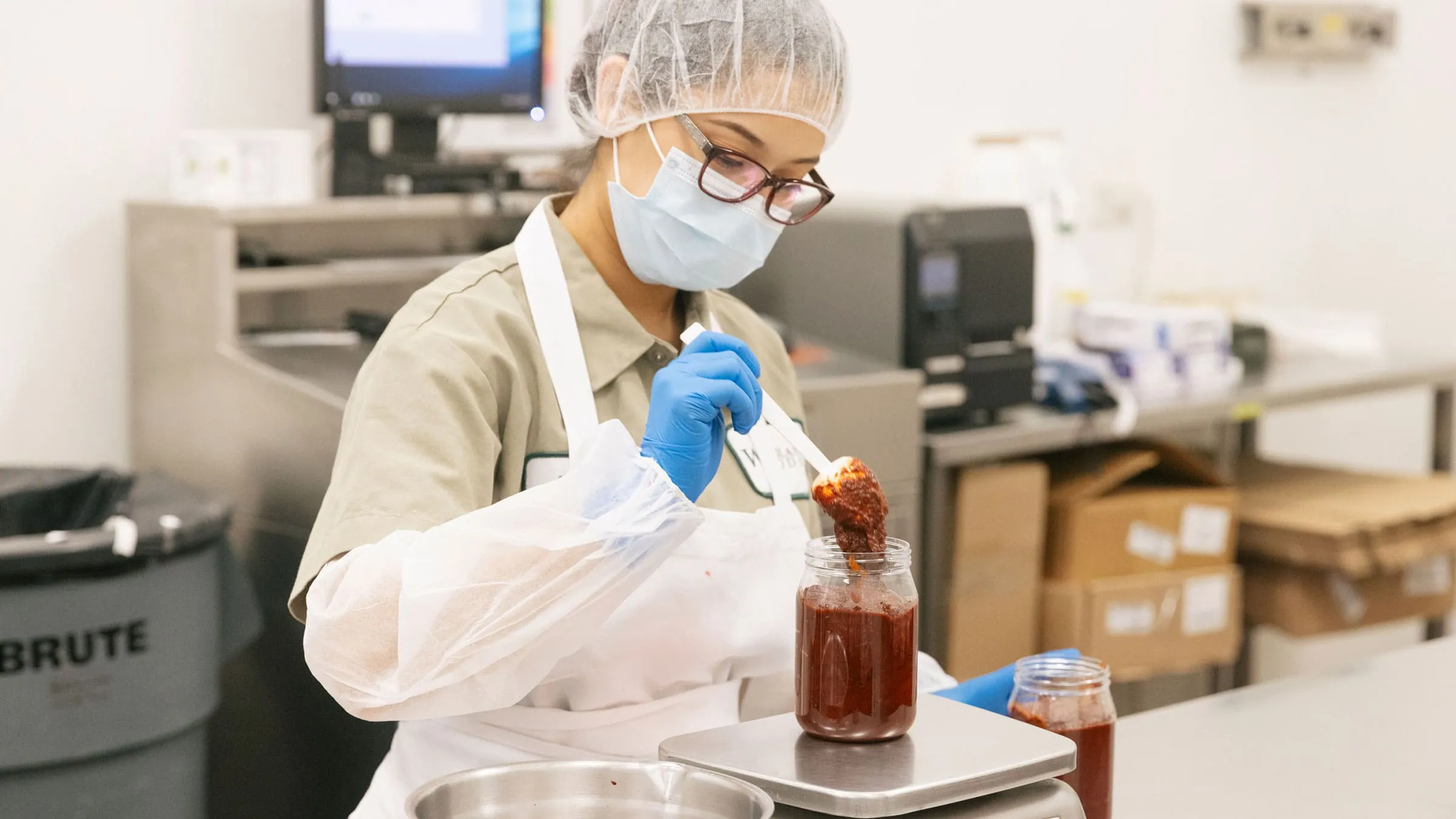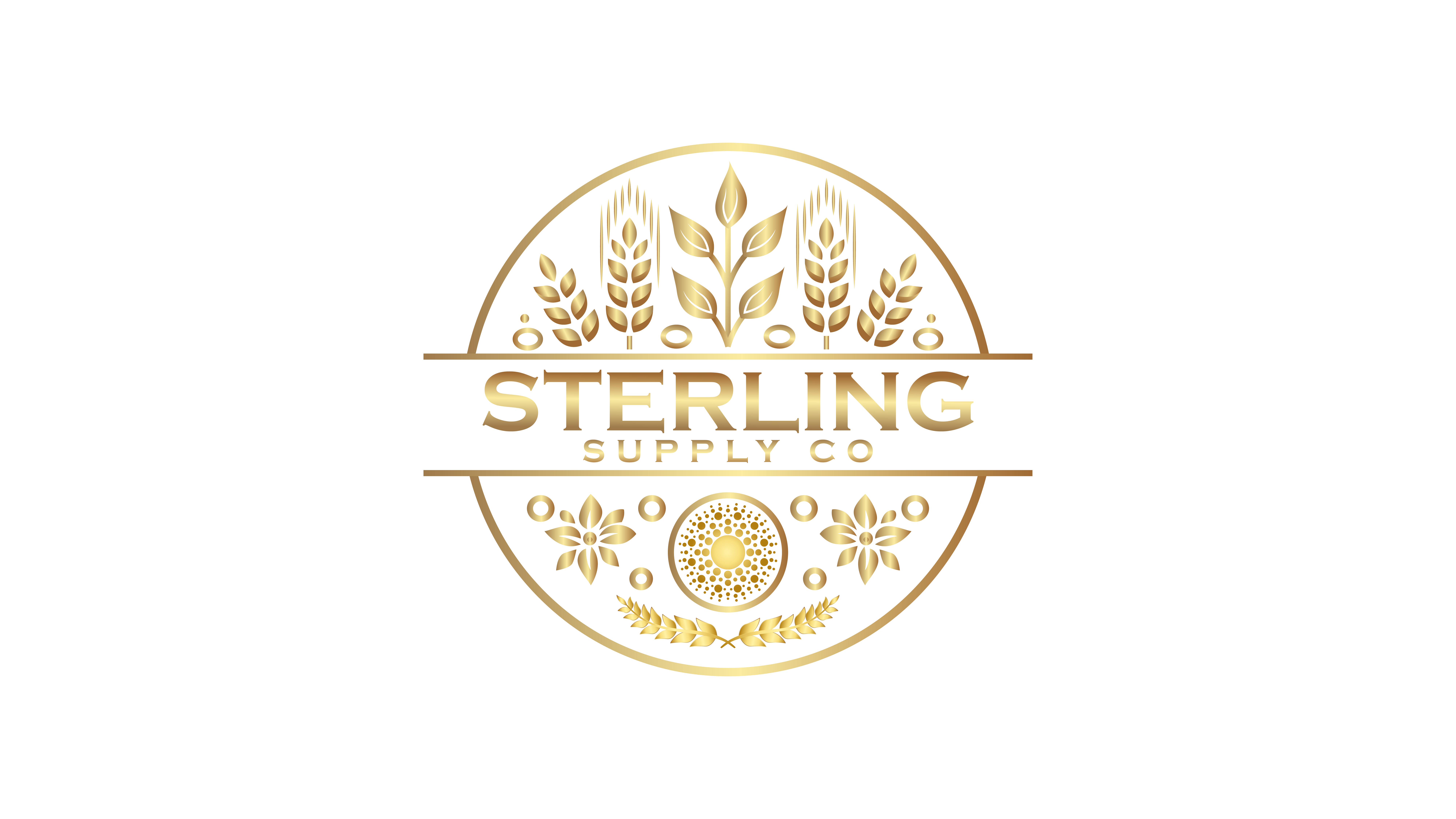Our Solutions

Agile Operations
From single sachets to large totes, our diverse packaging options cater to your needs, supported by flexible shipping capabilities for foodservice, industrial, and retail operations.
Adaptable and Flexible Operations:
- Gluten-free and allergen-free facilities
- Heat, steam, and irradiation treatment options
- Kosher, gluten-free, and organic certifications
- TraceGains and AA rated BRCGS Certifications
- Direct ship program with no minimums
Frequently Asked Questions
- How Does Organic Farming help the Environment?
Organic farming helps the environment in several key ways:
- Reduces Pollution: By avoiding synthetic pesticides and fertilizers, organic farming reduces soil and water pollution, protecting ecosystems and biodiversity.
- Improves Soil Health: Organic practices like crop rotation, composting, and cover cropping enhance soil fertility and structure, promoting healthier, more resilient soils.
- Conserves Water: Organic farming often employs methods that improve water retention in the soil, reducing the need for irrigation and helping to conserve water resources.
- Promotes Biodiversity: Organic farms typically have a more diverse range of plants and animals, supporting a healthier ecosystem and promoting natural pest control.
- Reduces Greenhouse Gas Emissions: Organic farming practices can sequester more carbon in the soil and use less energy, helping to mitigate climate change by reducing greenhouse gas emissions.
- Why Does Organic Cost More?
Organic products often cost more due to the labor-intensive practices required to meet organic standards, such as manual weeding and crop rotation. Additionally, organic farming typically has lower yields and higher production costs since synthetic chemicals and fertilizers are not used. These factors, combined with the certification process, contribute to the higher price of organic goods, reflecting their sustainable and environmentally friendly production methods

